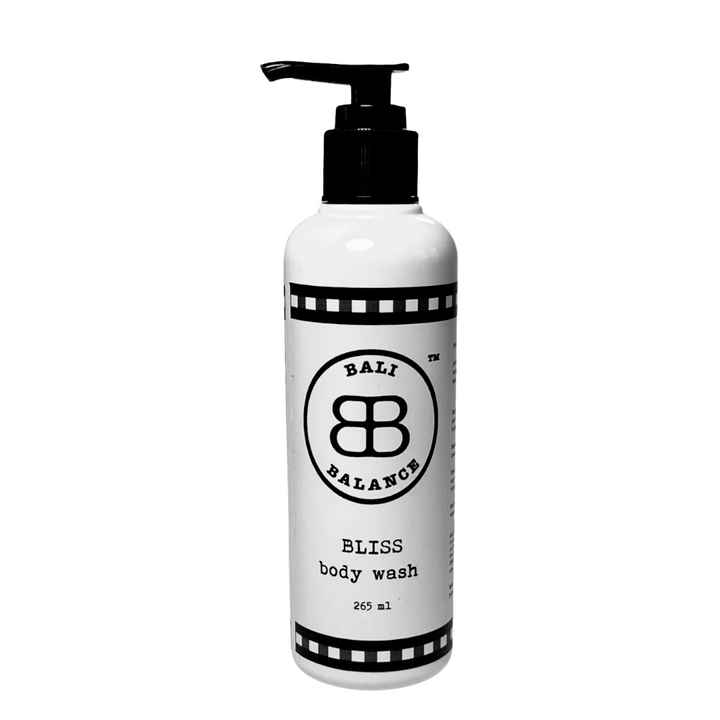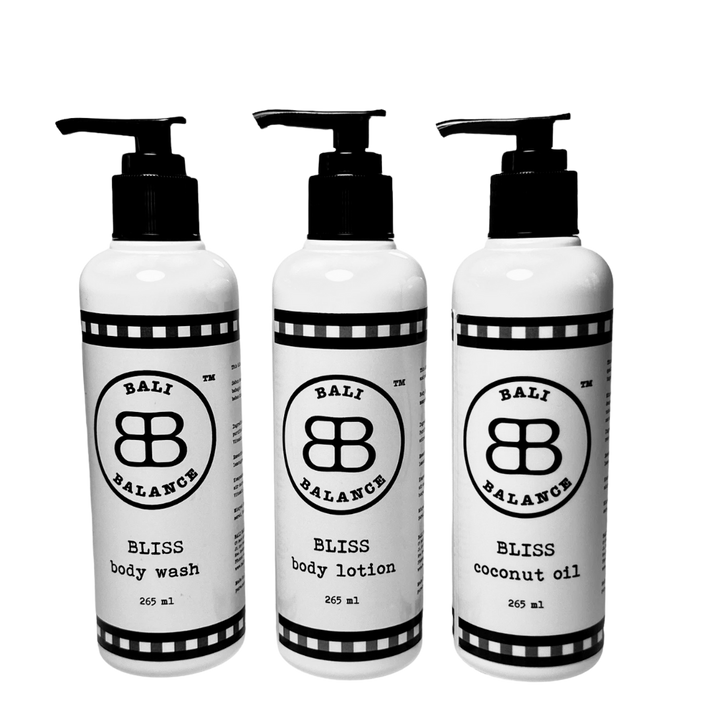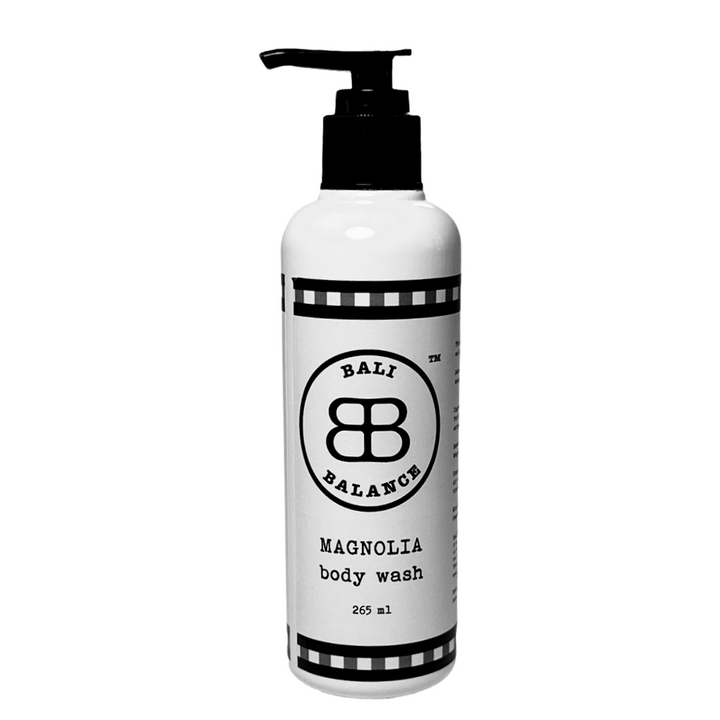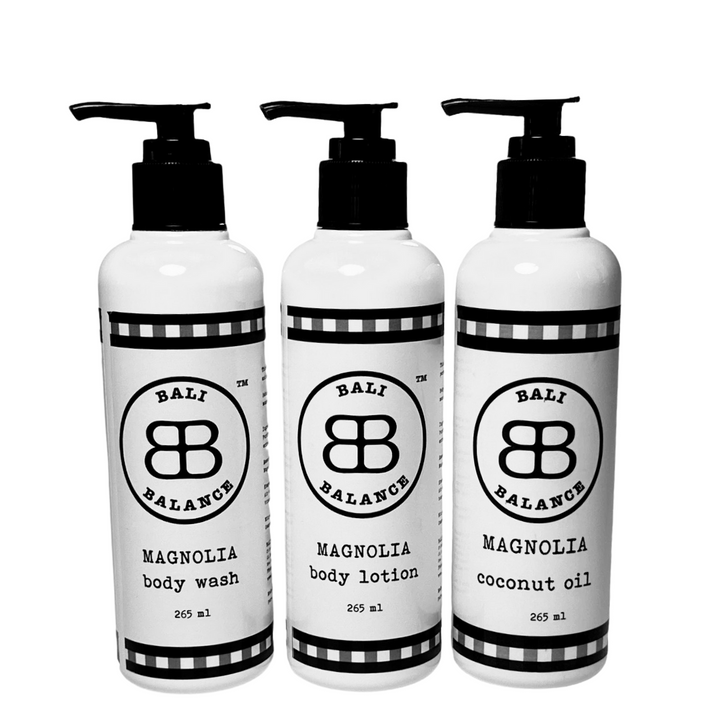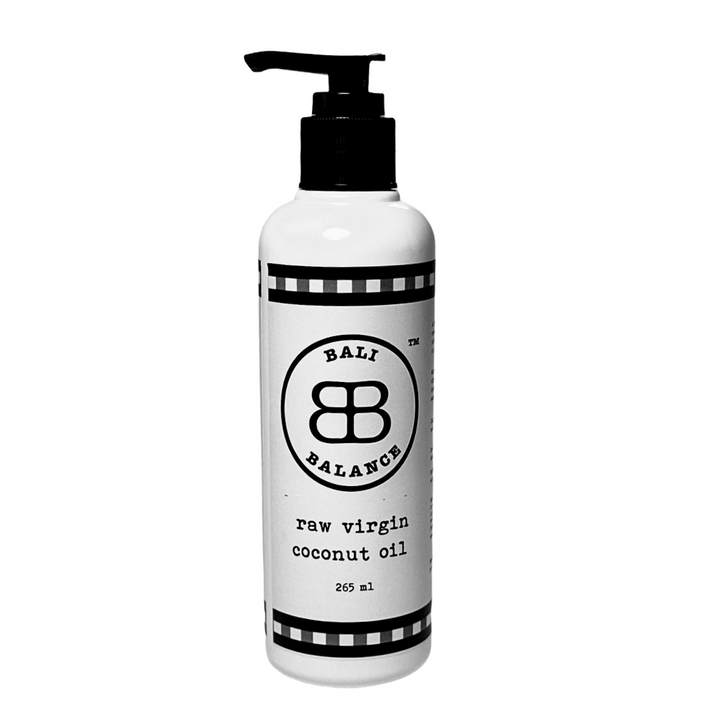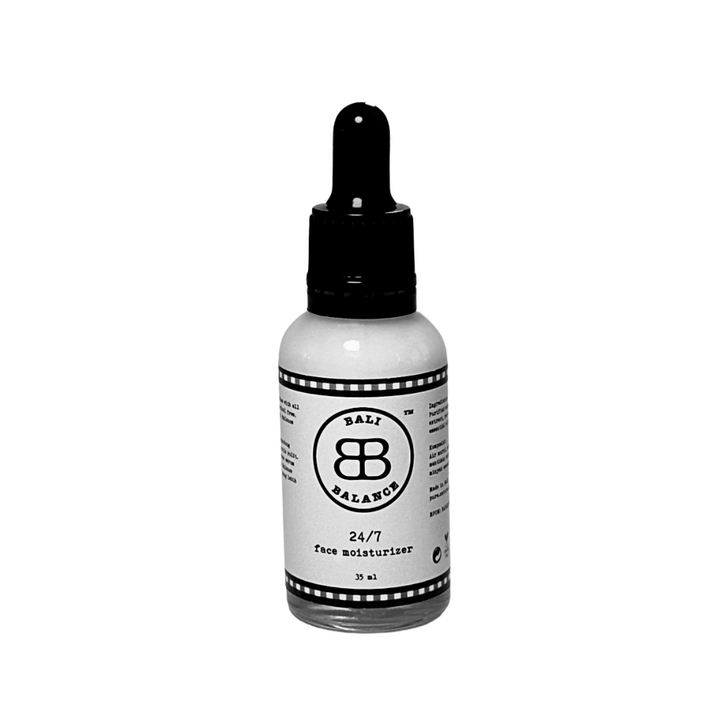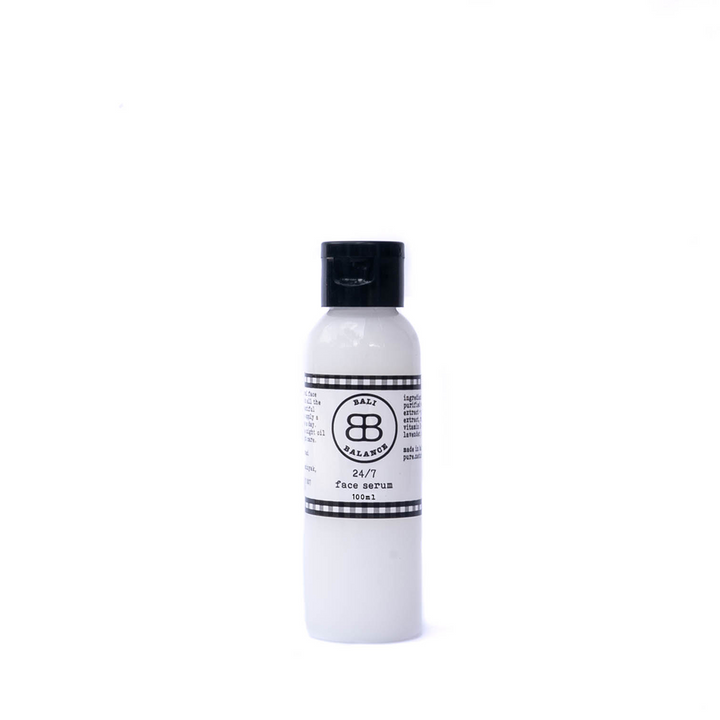
Water is a key component of the skin’s natural moisture barrier, your body’s first defence between you and the outside world, therefore it is important to maintain skin hydration as it helps to protect you from potentially external stressors such as pollution, sun, cold and is exposed to thermal fluctuations multiply times a day, caused by temperature and humidity changes! Moreover, prolonged dehydration can impact the skin rejuvenation process and lead to various skin-related conditions, from dryness and sensitivity to visible premature aging.
Hydration and Moisturization are not the same.
Hydration is when we are increasing the water level within the skin using humectants like glycerin, hyaluronic acid, urea and beta glucan. On the other hand, moisturization refers to supplying the skin with both hydration (increased water levels) and lipids to help protect water from leaving the skin. Common examples of lipids used in skincare are triglycerides, fatty acids and ceramides.
Beautiful Skin starts within You!
Well-hydrated skin is smooth, supple, plump, and has a healthy glow. Hydrated skin starts from inside out, which means the first step starts with your mindful eating which is maintaining an in-the-moment awareness of the food and drink you put into your body. A balanced diet along with the use of nutrient-rich skincare products, can help enhance the skin's resilience and appearance in tropical weather conditions. Other essential pillars to your health are physical activity, quality sleep and reducing mental, emotional stress and bad habits.
5 Essential Tips for Skin Hydration
• Use a Gentle, Non-Drying Cleanser
• Add Moisture with a Hydrating Toner
Apply an alcohol-free facial toner to hydrate and balance your skin.
• Moisturize Twice Daily
For well-hydrated skin, moisturizing is a must in the morning and at night. In skincare, there are three main types of moisturizers: emollients, occlusives, and humectants. Moisturizers are also available in a range of different textures—like gels, lotions, creams, and ointments-that are ideal for different skin types, uses, and skin concerns.
Generally, oil-based formulas (creams) are ideal for those with dry skin type, and lotions and gel moisturizers are better suited for oily or combination skin type.
Ointments are the thickest moisturizer option. These formulas contain occlusives and are often used to help relieve cracked, chafed, or chapped skin.
Choose a moisturiser that works well under sunscreen or one with SPF included and choose based on your preferred texture, skin type and primary skin concerns and goals. Don’t forget to hydrate your eye area, too-the skin here is thinner than the rest of your face and more vulnerable to external stressors.
Coconut oil is a deeply moisturizing ingredient that acts as a sealant, as it helps trap water into the skin to keep it moist. It’s great for layering on top of hydrating ingredients, such as hyaluronic acid, ceramides and glycerin.
Coconut oil is also rich in fatty acids, which are essential for the formation of healthy skin cell membranes. Unrefined, cold-pressed extra-virgin coconut oil is the best type of coconut oil to use for your skin. Prioritize coconut oil with no additives, emulsifying agents, synthetic fragrance preservatives and colorant.
• Use a gentle Scrub Cream OR Hydration Mask
Scrub Cream helps to regenerate the skin, gently remove impurities and eliminate dead cells, exfoliate once or twice a week.
Hydration Mask helps to refresh, hydrate and prepare your skin properly before applying moisturiser. For maximising the results, add 1 or 2 drops of natural essential oil. You can also apply a sleeping mask for your nighttime routine after applying the moisturiser, it will lock in all the hydration and nutrients from your skincare routine.
• Stick to Routine
Consistency is the key. Transform your skincare routine into a mindful ritual that reduces stress, boosts well-being, and nurtures your skin. Regular hydration will strengthen your skin’s barrier, improve texture, and maintain a radiant glow.
Before Starting a New Skincare Regimen
Individuals experience different levels of sensitivity to ingredients found in various skincare products. However, as with any skincare product, it is essential to patch test coconut oil on a small area before applying it more extensively. This article is for educational and informational purposes only and is not a substitute for professional medical advice.




